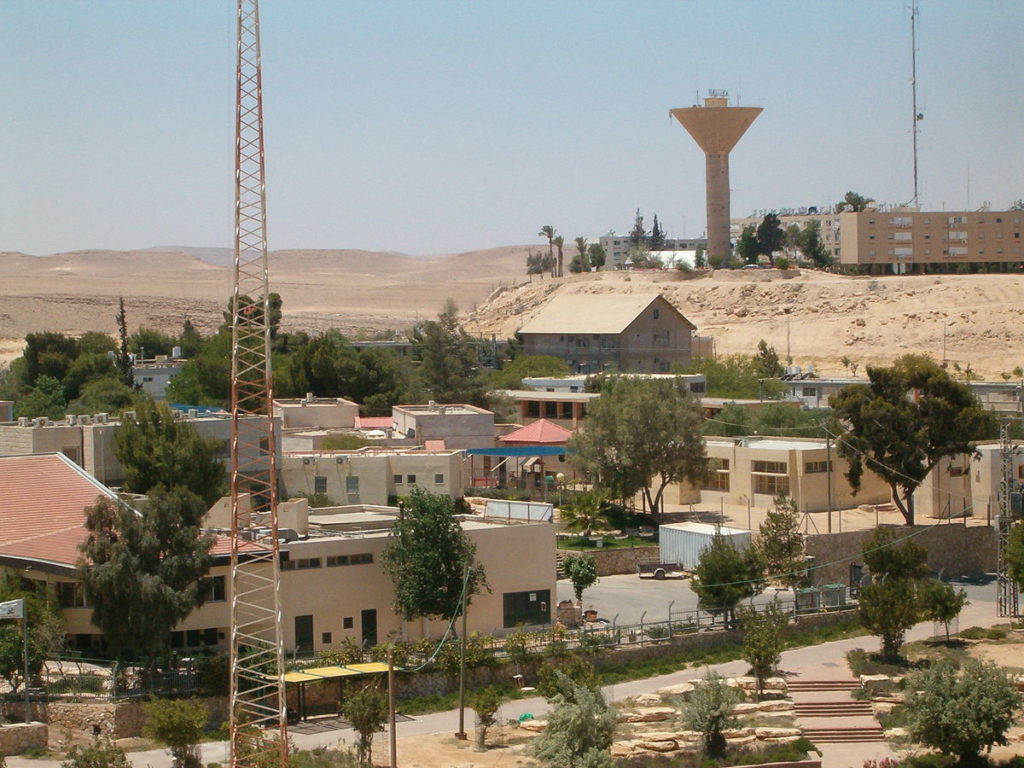The Cabinet, at its weekly meeting on Sunday decided to allocate NIS 21.6 million to Mitzpei Ramon for economic development in tourism, housing and infrastructure, agriculture, the environment and immigration absorption.
Involved in the decision are the Prime Minister’s Office and the Ministries of Finance, Construction & Housing, Interior, Economy and Industry, Tourism, Agriculture, Environmental Protection and Immigration & Absorption. It joins a long a list of development plans in the southern region worth billions of shekels, including the transfer of IDF bases to the Negev and the recent development plan for Yerucham, that have been approved by the government.
The decision was formulated after staff work by the Prime minister’s Office in cooperation with the other relevant ministries as well as the local council and is in addition to the Cabinet’s 2015 decision to allocate NIS 47.1 million to Mitzpei Ramon from 2016-2020.
The decision provides for additional assistance tools to strengthen the local council and develop industrial zones and growth engines, as well to increase revenue and optimize energy efficiency. It includes the physical redevelopment of neighborhoods, the redevelopment of aging infrastructures, dealing with environmental concerns throughout the community, operating education plans and special plans to assist new immigrants.
Prime Minister Binyamin Netanyahu commented, “Today we will submit to the Cabinet an additional decision to strengthen the south. We will allocate NIS 21 million to Mitzpei Ramon. This will be in addition to the NIS 47 million that was already allocated to Mitzpei Ramon three years ago.
“Last week I attended the officers’ course graduation ceremony at IDF Training Base #1. It reminded me of the unforgettable. I was in the second group that finished officers’ course there, a year after that beautiful base was opened. But since then there have been great changes in the Negev, in both the north and south, in the work that the Government is doing. In Mitzpei Ramon we are assisting with housing, industry, education, tourism and this is considerable. There are also many cultural events on the edge of the crater, an amazing place. This is part of our policy to develop the north and the south, I might say, to an extent beyond that which any previous government has done in the history of the state.”
(YWN Israel Desk – Jerusalem)











